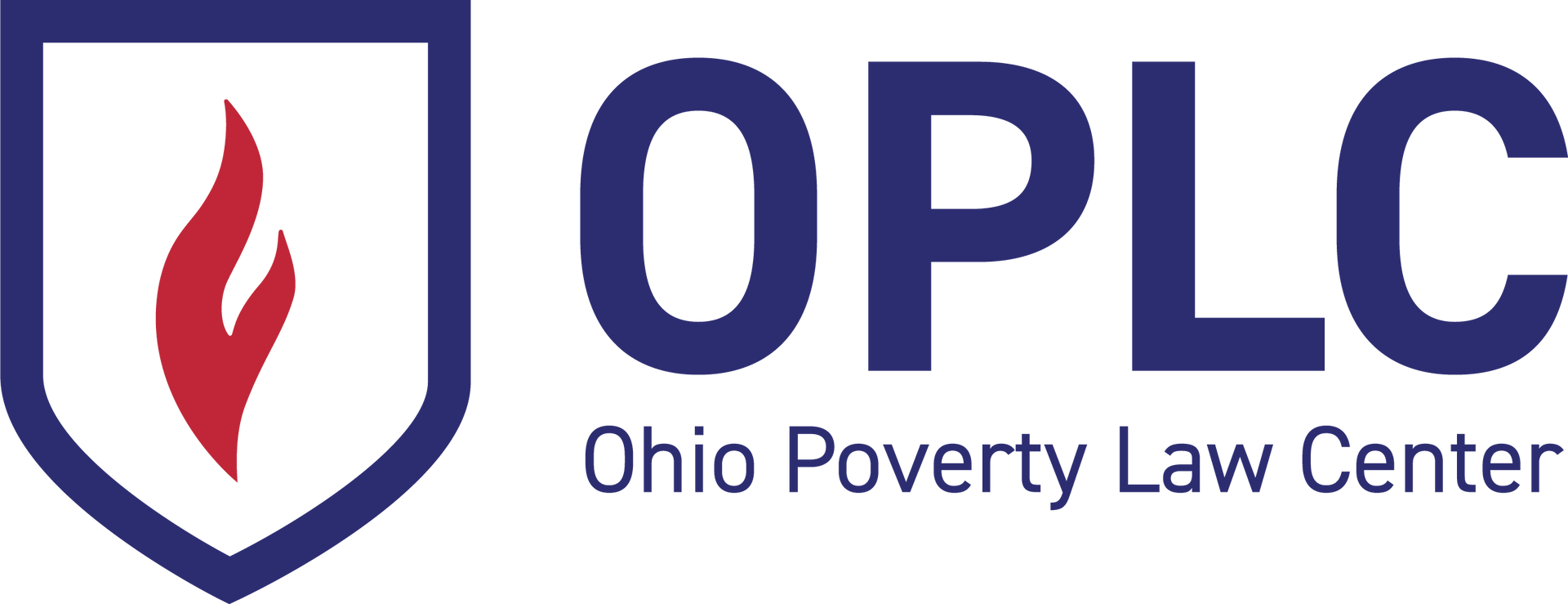DECEMBER 2023 NEWSLETTER
Expanded Debt-Related Driver’s License Suspension Legislation Gets First Hearing
Supporters of bipartisan Senate Bill 37, legislation to overhaul the law on driver's license suspensions, visited the Ohio Statehouse on Wednesday to call for swift passage of the bill. SB 37 received its first hearing in the Senate Judiciary Committee since the sponsors introduced the substitute version of the bill, significantly expanding its scope.
Anne Sweeney from Legal Aid Society of Cleveland told the Committee, “Over the last few years, I have been talking about debt-related driver’s license suspensions with many different groups of people, and two things are always true. First, people are shocked to learn that Ohio takes away a person’s license for failure to pay money. Second, people cannot believe how many debt-related suspensions Ohio imposes annually. The scale of the problem is truly staggering.”
The Committee also received written proponent testimony from representatives of OPLC, Southeastern Ohio Legal Services, The Legal Aid Society of Greater Cincinnati, Neighborhood Connections, Americans for Tax Reform, Advocates for Basic Legal Equality, the Justice Action Network, the R Street Institute, Americans for Prosperity-Ohio, the Fines and Fees Justice Center, the ACLU of Ohio, the Prison Fellowship, the Ohio Manufacturers' Association, and the Ashtabula County Prosecutor's Office.
There was also testimony submitted by several Ohioans who have been negatively impacted by debt-related driver’s license suspensions. Theresa Smith wrote, “I try to do the right thing. I follow the law. I worked all my life. I just retired earlier this year after working as a receptionist for my church. But when my license was suspended, I was overwhelmed with stress. I was facing impossible choices. I either had to drive to work or lose my job.”
You can find all of the written testimony submitted to the Committee
here. The Senate Judiciary Committee, along with the rest of the legislature, will take a holiday break before coming back in 2024.
You can join our campaign and find more details about debt-related driver’s license suspensions and how they affect your community at our Return to the Road Campaign webpage.
Senate Select Committee on Housing Tour Continues
The Senate Select Committee on Housing continued its tour across the state this month as it held hearings in Marietta and Lima.
Housing advocates from across Southeast Ohio presented testimony to the Committee on December 4 highlighting the lack of affordable housing in the region and the urgent need for investment. Peggy Lee of Southeastern Ohio Legal Services told the Committee, “We have had many clients lose their [housing] vouchers after waiting months or years to get them because either they were unable to find anything available that was within the maximum rent limits, or they were refused by landlords who told them they would not accept HUD vouchers.”
During the hearing in Lima, the Toledo Lucas County Homelessness Board told the Committee, “On any given night, nearly 700 individuals experience homelessness in Lucas County, while nearly 4,000 people experience homelessness over the course of the year. Lucas County has seen rates of unsheltered homelessness double over the past 5 years.”
The Select Committee will likely hold at least one more remote hearing in Cleveland before returning to Columbus, though a date and time has not been announced yet. The final purpose of the Committee also has yet to be announced. The Committee could provide a report on its findings from the testimony it has taken and disband, or it could begin considering legislation.
School Expulsion Bill Gets Minor Fixes
House Bill 206 creates a new path for a superintendent to issue an expulsion for “imminent and severe endangerment to health and safety” of students or school personnel. An expulsion could last up to 180 days and be renewed in 90-day increments indefinitely. A psychiatric assessment would be required before a student could return to school.
We are concerned that the lack of adequate definitions and other provisions in the bill could lead to unequal treatment for students. The Ohio Department of Education reports that Black male students are 4.5 times more likely to have a disciplinary action leading to out-of-school suspension or expulsion than white male students. Black female students faced seven times more out-of-school suspensions than white female students and were suspended at a higher rate for subjective behavioral violations like dress code or insubordination. Although students with disabilities represented just 16 percent of Ohio students, these students were disproportionately suspended for more non-violent infractions compared to their peers without disabilities. Students who are expelled are more likely to drop out of high school and more likely to face incarceration.
Through testimony and one-on-one meetings, we offered suggestions to provide better definitions, limit subjectivity, and protect students’ rights. A substitute bill was introduced that defined “imminent and severe endangerment” and removed cost-sharing requirements for third-party mental health assessments. The bill was approved by the House Primary and Secondary Education Committee on November 28, 2023. Although we still have concerns with the bill, our advocacy led to significant improvements, and the sponsor has committed to continue to work with us.
